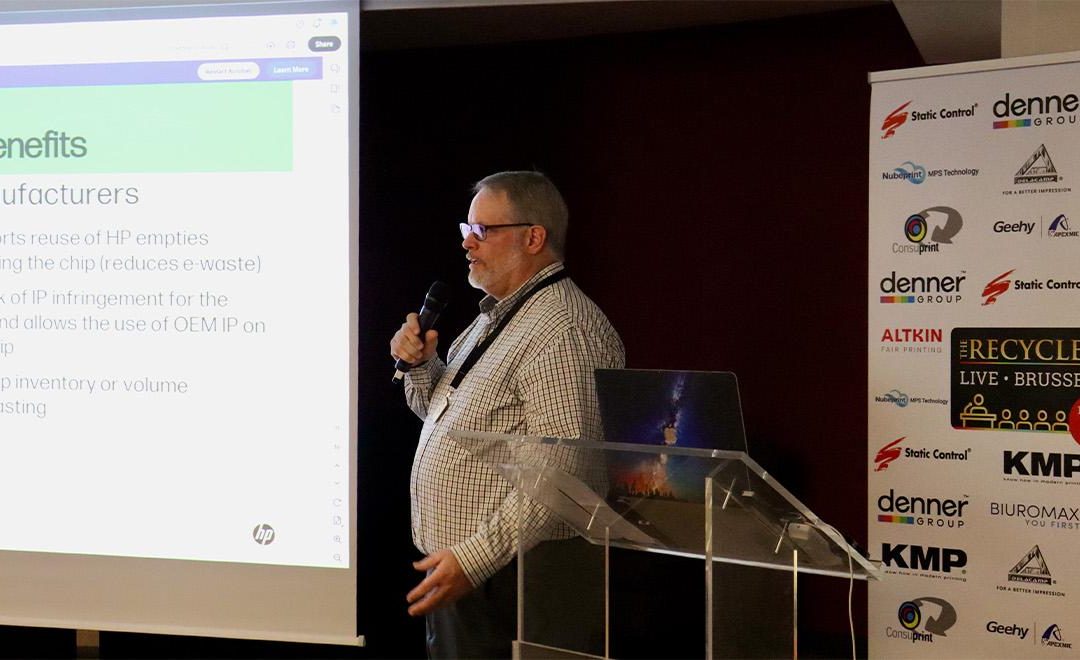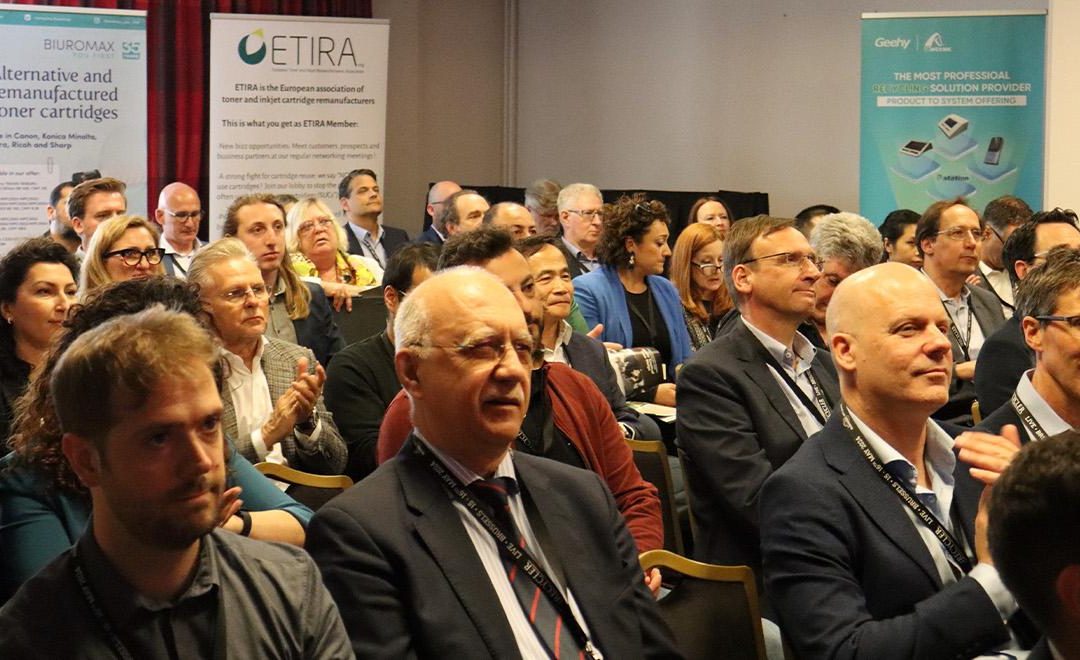How well do you provide for your greatest asset? I ask this question because I recently saw a LinkedIn post about coffee, snacks, and refreshments. The company provided barista-quality coffee and a range of other refreshments for its greatest asset: People.
In a fiercely competitive job market, the quest to attract and retain top talent has pushed employers to rethink their recruitment strategies and overall approach to workplace wellbeing. But what distinguishes a genuinely supportive employer from one that stocks the break room with vending machines? As a tea drinker, I definitely avoid tea from vending machines!
An emerging consensus points towards a holistic approach to employee wellness, where nutrition is pivotal and fosters an environment that values autonomy, engagement, and genuine care for the workforce.
Nutrition’s impact on productivity and wellbeing
WellRight, a US-based organisation, delivers corporate wellness programs that help people find the motivation and develop the habits they need to effect meaningful, lasting change. Their March 2023 blog suggests that a nutritious diet is not just a pillar of physical health; it is a critical performance enhancer in the workplace.
Research suggests that employees who make healthier food choices are up to 66% more productive than those who do not. Moreover, the quality of food provided in the workplace can significantly influence employees’ overall well being, including their mental health and morale? (Employee wellness programmes)?. This underscores the importance of employers offering more than just a vending machine’s worth of options—by integrating healthy, diverse, and accessible food choices, companies signal a commitment to their staff’s best interests, promoting equity and inclusivity in the process.
The business case for holistic wellbeing strategies
Jeffrey Pfeffer of McKinsey & Company wrote in a 2018 briefing that “workplace stress is exacting an ever-higher physical and psychological toll. It adversely affects productivity, drives up voluntary turnover, and costs US employers nearly $200 billion (€184 billion) annually in healthcare costs. Many companies know these negative effects, and some have gotten busy devising ways to counteract them. Efforts range from initiatives to encourage sleep, exercise, and meditation to perks such as nap pods and snack bars.”
Do your human assets need more than nutrition? In the broader range of employee welfare, job control and social support have directly impacted productivity and retention.
Strong leadership is pivotal to creating a supportive work environment that enhances autonomy, fosters learning opportunities, and drives business success. According to Personnel Today and McKinsey & Company, such leadership has been shown to decrease absenteeism and stress levels, thereby improving mental health, according to Personnel Today and McKinsey & Company. It’s this comprehensive leadership approach that underpins employee contentment, boosts performance, and fosters organisational growth
Challenges and solutions for tailored wellbeing initiatives
In the post COVID pandemic era, the well-being of employees has become a cornerstone for organisational resilience. Companies are tasked with crafting well-being initiatives that accommodate the nuanced needs of a diverse workforce, ensuring that elements such as dietary considerations, chronic health conditions, job autonomy, and social connectivity are thoughtfully addressed. By implementing strategies that range from comprehensive nutrition education to the provision of digital meal cards and fostering both physical and virtual communal spaces, businesses are setting new standards for employee support and well-being (Employee wellness programs | WellRight)?? (McKinsey & Company)?.
Kids as well
In the UK, school breakfast clubs supported by initiatives like the National School Breakfast Programme provide a nutritious start to the day for children, particularly those from disadvantaged areas. These programs, which receive government subsidies and support from organisations such as Family Action, offer more than just meals; they contribute to improved attendance, punctuality, concentration, behaviour, and overall educational attainment. Positive feedback from participating schools highlights the success of these initiatives, with schools reporting better readiness to learn and increased engagement from students. Breakfast clubs not only ensure children receive a healthy meal at the start of their day but also play a crucial role in promoting a whole-school focus on healthy lifestyles, reducing social isolation, and offering valuable support to parents? (Gov UK)?? (Family Action)?? (Food a Fact of Life)?? (High Speed Training Limited)?? (Wikipedia)?? (Family Action).
In conclusion: More than just perks
In today’s dynamic job market, the difference between being a supportive employer and merely a “vending machine provider” lies in the depth of your commitment to employee wellbeing. As companies vie for talent, those that adopt a more nuanced, caring approach—viewing employees as whole individuals rather than just workers—will likely find themselves at the forefront of recruitment and retention. The challenge and opportunity for employers lie in crafting an environment that nourishes the body and supports the mind and spirit, fostering a culture of health, productivity, and mutual respect.
It is not just me saying it: One European business leader in the imaging industry said,” My people get free lunch, lots of fruit, chocolate, cakes, juices and good pay. I like it when the employees are doing well. This lifts the mood and promotes motivation.”
And yes, I am no fan of vending machines in the workplace.









